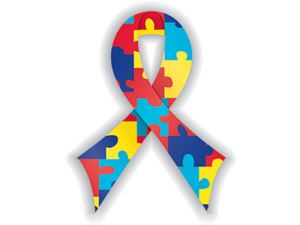
Researchers at Montefiore Medical Center in New York City found that whipworms hold promise in treating autism. Patients volunteered to swallow whipworm eggs for the study headed by Dr. Eric Hollander, the director of the Autism and Obsessive Compulsive Spectrum. Hollander and his team noticed improvements in behavior, according to published reports.
Ten high-functioning adults joined the study and ingested over 2,000 eggs every two weeks.There were little side-effects. The worm will not cause humans to become ill like it does to canines and leaves the body safely, not reproducing in the intestines or the gut. Researchers have theorized that autism could be an autoimmune disorder that contributes to autism and introducing the worm would help the body develop and strengthen the body’s immune response.
Hollander said there is a hypothesis called the hygiene hypotheses. This idea is that people that move to urban environments from rural settings lack gut flora and could be linked to inflammatory illness like autism.
“So this is kind of exciting, because there are a lot of ways to modulate the immune system, and some of that knowledge can now be applied in terms of developing new treatments.”
Another theory is raising the body temperature through the use of hot tubs with 15 children with autism. The thought is to trick the body into believing it has a fever. This resulted in an improvement in social behavior when children were soaked in 102-degree water compared to soaking in 98 degrees.
Chief science officer of Autism Speaks is open to unusual methods and exploring new opportunities in research.
“I think it's still a ways away before we know whether these treatments are going to be effective. But these findings are helping put us on a road to better understand these effects.”

